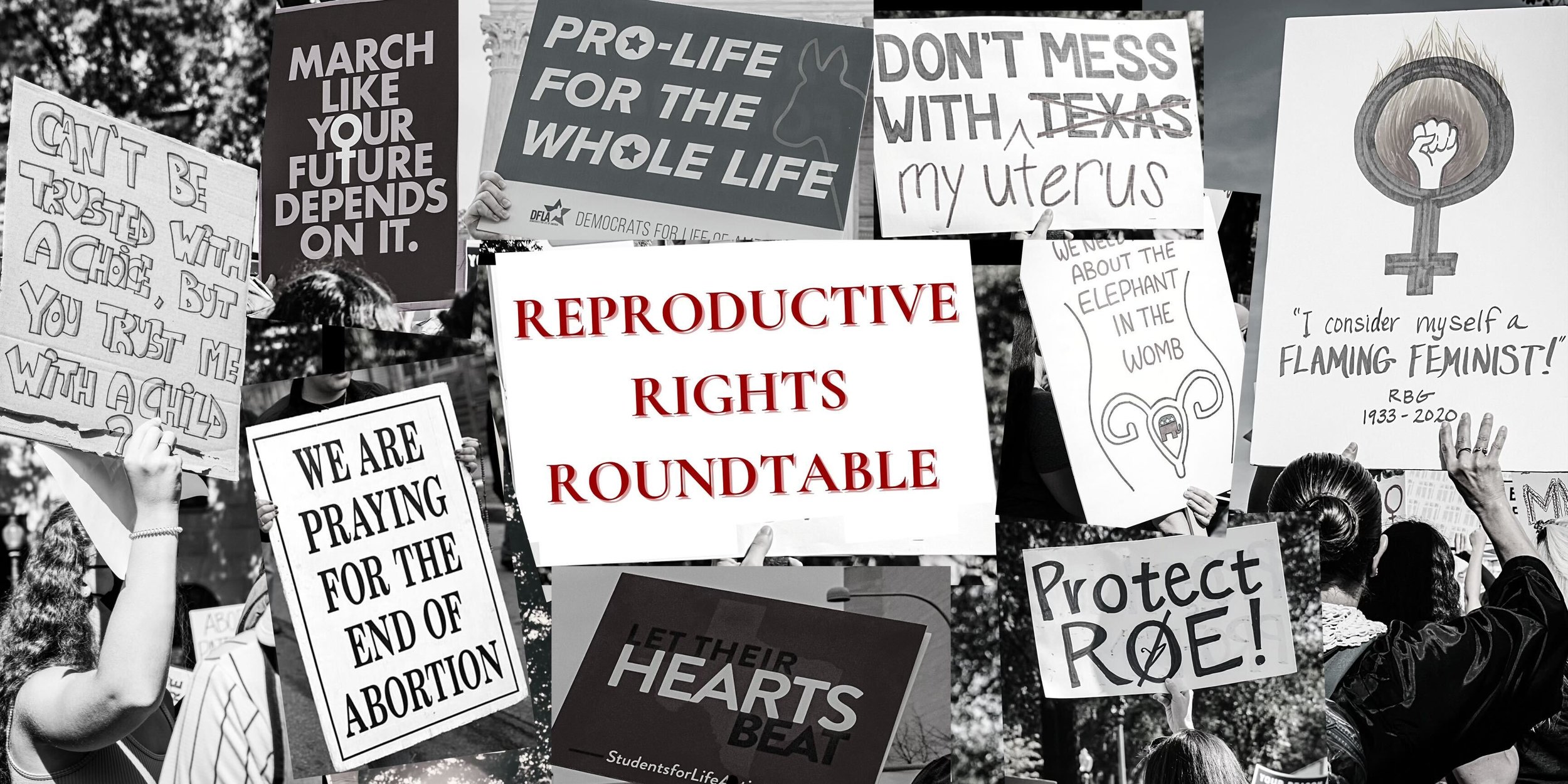
Reproductive Rights is a Matter of Equal Protections: The Future of Abortion Rights
As the future of abortion litigation looms large over the Supreme Court, the fall of Roe v. Wade may be imminent. By investigating both the legacy of Roe, the Court’s relationship with its succeeding cases, and current considerations about how a right to abortion may be interpreted from the constitution, this article considers how the Equal Protection Clause under the Fourteenth Amendment could apply to abortion. While exploring how this particular view of the right to abortion has been derived from past Supreme Court opinions, and how future litigation could be legitimized and effectively argued, it is also argued that the nuances of political and ideological bias in justices may mean that successful litigation would need to be argued in front of a different set of justices.
Viability
It is no secret that abortion is a contentious issue in the United States. Doubtless, there has been a recent push by pro-life advocates across the country to constrict abortion. But amid the resulting back and forth, it can be difficult to figure out what is going on. The aim of this article is not to argue about whether abortion should be permitted or not. Rather, the aim is to examine the U.S. Supreme Court’s viability standard regarding abortion, which it first adopted in Planned Parenthood v. Casey (1992). There are three main issues with the current viability standard. One, it has moved over time. Two, it is difficult to define. Three, because of one and two, it is vulnerable to challenges, as the ongoing Dobbs v. Jackson Women's Health Organization demonstrates. The likely result is that as the definition of viability expands due to advances in medical technology, abortion access will become more constricted.
The Defense of Life and The Death of Privacy
The balance between the state’s interest in protecting life and one’s personal liberty has been long debated, and the transaction of power between state and individual is inescapable. Although the landmark case Roe v. Wade is considered a cornerstone in American judicial history, its fragile existence relies on the country’s promise of privacy, which is unfounded in precedent and unenumerated in the U.S. Constitution. As the Robert’s Court considers its ruling on Dobbs v. Jackson Womens’ Health Organization, it has never been more important for every American to know what is morally, medically, and technologically at stake.
Religiously-Informed Opinions on Abortion and the Ambiguity of the Establishment Clause
There is much disagreement about what constitutes the beginning of life. This issue is central to the abortion debate as the establishment of personhood guarantees the rights and protections that come with being a citizen. People’s beliefs about when life begins can be deeply entrenched in their moral and religious values. Some pro-choice advocates use this logic to assert that fetal heartbeat laws, and other religiously-motivated restrictions on abortion, should be struck down under the Establishment Clause of the First Amendment which prohibits the government from respecting an establishment of religion. This article argues that the assumption that fetal heartbeat laws are clearly religiously influenced is flawed, and that even if they were proved to be religiously based, it would be nearly impossible to use the Establishment Clause to rule them unconstitutional. The larger issue lies within the ambiguity of the Establishment Clause that makes it incredibly difficult to consider anything an overstep of the intended separation of church and state.